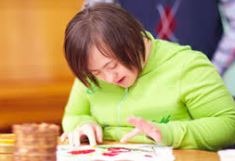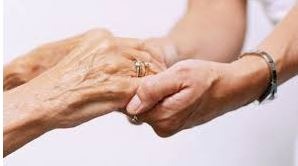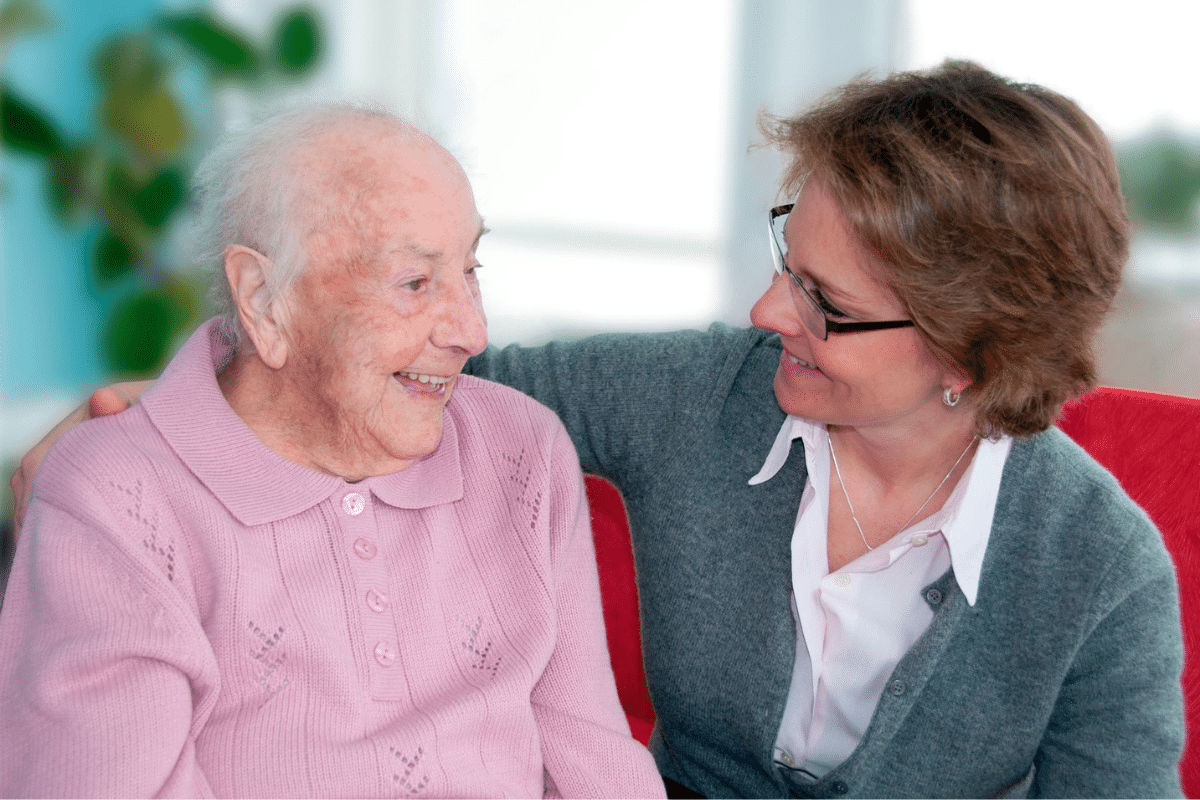Dementia affects millions of families across the United States. As dementia erodes a person’s mental…
In New York, there are only two guardianship proceedings for adults, namely Surrogate’s Court Procedure Act (SCPA) Article 17-A guardianship, and Mental Hygiene Law (MHL) Article 81 guardianship. Although the basic premise for these two guardianship proceedings is the same – based upon the proper findings the court will appoint a guardian to care for the personal needs and property management of an individual who would otherwise be harmed – there are very significant differences between these two proceedings.
SCPA Article 17-A
SCPA Article 17-A guardianship is available only for individuals who are “intellectually disabled or developmentally disabled.” In this situation, the Surrogate’s Court can appoint a guardian of the person, the property or both.
 Under the law in New York, once a person becomes 18 years old they are assumed to be legally competent to make decisions for himself/herself. This means no other person is allowed to make a personal, medical or financial decision for that individual, regardless of whether the individual is “intellectually disabled or developmentally disabled.”
Under the law in New York, once a person becomes 18 years old they are assumed to be legally competent to make decisions for himself/herself. This means no other person is allowed to make a personal, medical or financial decision for that individual, regardless of whether the individual is “intellectually disabled or developmentally disabled.”
However, the SCPA Article 17-A guardianship allows the Surrogate’s Court to appoint a guardian for an individual who is at least 18 years old and is either intellectually disabled or developmentally disabled. The court can appoint a guardian of the persona or a guardian of the property, or both, depending on the needs of the individual. There can be multiple guardians appointed in these roles or the guardian of the person and property could be the same person or entity.
An Article 17-A Guardianship is very broad and covers most decisions that are usually made by a parent for a child such as financial and healthcare decisions.
Typically parents will petition the court for an Article 17-A guardianship for their child, but the law allows anyone who is an interested person eighteen years of age, or older (including a corporation authorized to serve as a guardian) to petition on behalf of the individual with an intellectual disability or developmental disability.
The petition must be accompanied by a certification from one physician and one psychologist or two physicians certifying that the person has a disability and is not able to manage his or her affairs because of intellectual disability, developmental disability or a traumatic head injury.
The petitioner must serve interested parties, including the person they are seeking guardianship over, and the court must conduct a hearing before a guardian can be appointed.
MHL Article 81
The Guardianship law in New York is found in Article 81 of the Mental Hygiene Law (MHL). The Court may appoint a Guardian if it finds that a person is incapacitated. Unlike SCPA Article 17-A, the determination of incapacity is not based on medical evidence, but rather on evidence that a person is (1) likely to suffer harm because the person is unable to provide for personal needs and/or property 
This proceeding takes place in the Supreme Court of the county in which the person resides. Depending on its determination, the court can appoint a guardian of the person, or property, or both. The same person can be both guardian of the person and property.
Oftentimes, the need for this type of guardianship proceeding can be avoided if the person who is in need of assistance executed advance directives, such as a Durable Power of Attorney, Health Care Proxy, Living Will, and HIPAA Authorization, prior to the loss of their capacity. Unfortunately, this is not always the case and an MHL Article 81 guardianship proceeding is necessary.
Since the petitioner cannot enter medical evidence without the court’s approval, it can be difficult to prove the need for a guardian. In some cases where a person has suffered a severe injury or illness, it is obvious that the person would probably suffer harm without a guardian. A common example of such a situation is when a person is unconscious, completely immobilized, or unable to engage in any activities of daily living.
In other situations, it can be much more difficult to prove the need for a guardian, such as when the person is suffering from the effects of some mental disorder or dementia but otherwise is functional to a degree. In these cases, evidence needs to be presented to the Court to show that the individual is unable to handle his/her activities of daily living, such as property management and personal affairs, and as a result, may be harmed.
The bottom line is that the two adult guardianship proceedings in New York State are very different and can be complex in many ways. Therefore, it is very important to understand what type of guardianship is necessary to pursue for a loved one before expending valuable time and resources. Consulting with an experienced Elder Law attorney may help you navigate through the stressful waters of adult guardianship proceedings.




Comments (0)